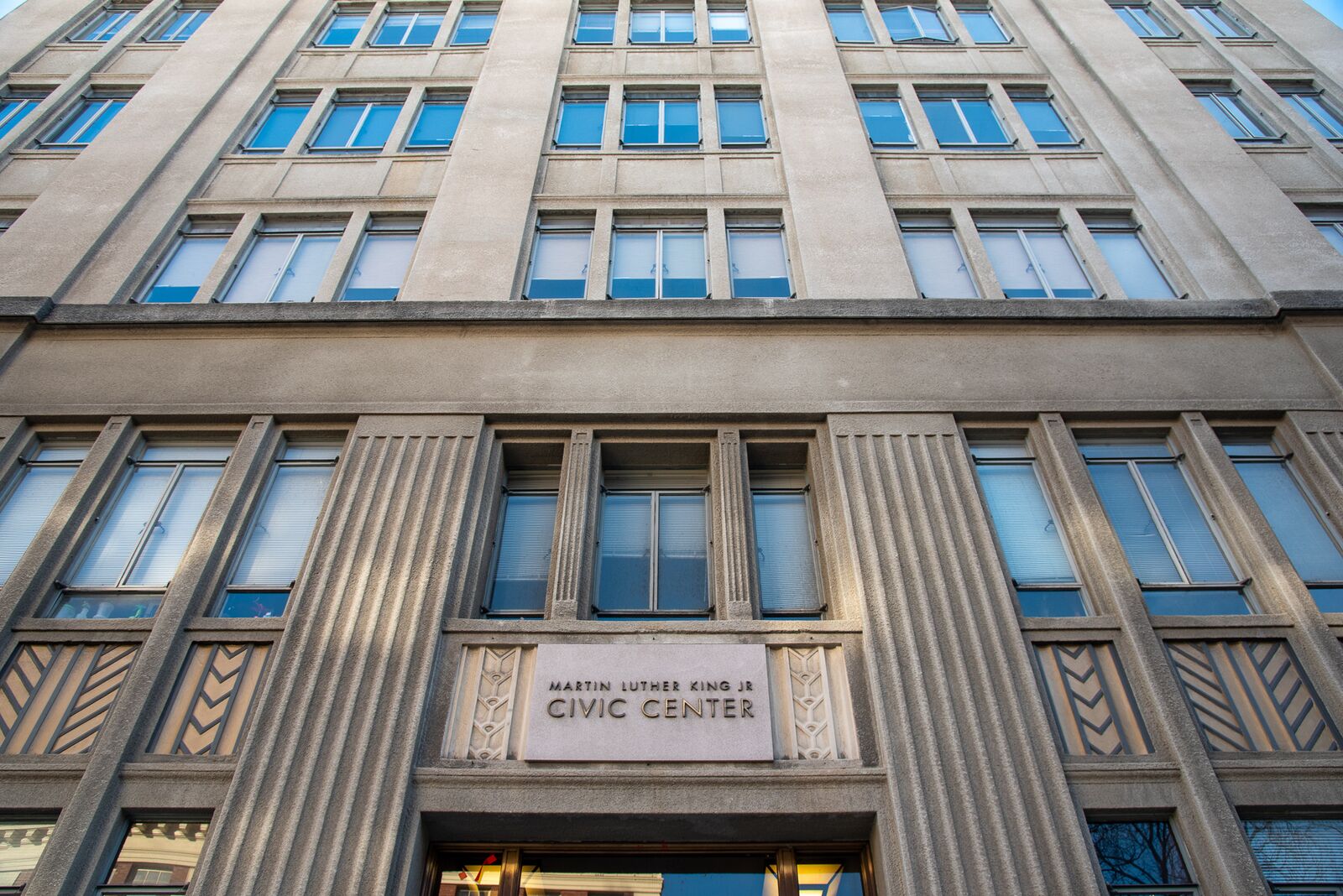Nosh
Arts
Business
City
City
COVID-19
Crime & Safety
Events
Housing
Neighborhoods
Schools
Obituaries
Opinion
Berkeleyside
Nonprofit news. Free for all, funded by readers.
March 5 election results | AT&T landlines in jeopardy | Supreme Court to hear People’s Park case | Ohlone shellmound returns to Indigenous tribe
Berkeley’s City Council effectively legalized a range of psychedelic substances within city limits Tuesday, unanimously voting to de-prioritize enforcement of state and federal laws against entheogenic and psychedelic plants and fungi.
The measure was designed, in part, for users of certain psychedelics to be able to access health resources within the city without fear of legal repercussions, similar to other harm-reduction measures like needle exchanges, according to the text of the resolution. It also opens Berkeley’s doors to researchers looking into ways of using psychedelics to treat mental health issues.
The final version of the resolution still forbids “giving away, sharing, distributing, transferring, dispensing, or administering” psychedelics.
On Tuesday, Councilmember Sophie Hahn, who submitted the resolution to the council, explained why it was narrower than some measures that had been considered.
“These substances have much promise, but we do need to move forward with caution,” Hahn said. An earlier version “could have opened the door to sharing and selling, which has not gone well in Oakland, where a gray market for potentially helpful, but also potentially dangerous, substances has taken root. We do not want to replicate this in Berkeley.”
Many psychedelics remain federally controlled substances, with the Drug Enforcement Administration considering psilocybin and dimethyltryptamine Schedule 1 substances, meaning the DEA holds that they have “no currently accepted medical use,” are unsafe even under medical supervision and have “a high potential for abuse,” according to the DEA’s website.
But researchers at several universities — UC Berkeley included — have embarked on research projects into psychedelics’ possible uses for treating mental, emotional and other health issues, as well as their effects on cognition, perception and emotion.
“Microdosing is not just a fad, it’s a new health paradigm, building upon our cannabis health paradigm,” Councilmember Ben Bartlett said Tuesday.
Bartlett said psychedelics could possibly provide alternatives to “the pill paradigm.” “These natural remedies appear to be working,” he said.
The city’s appointed Community Health Commission had previously considered proposed language that would have included lysergic acid diethylamide (LSD), which is artificially synthesized.
The council’s resolution, however, does not include psychedelics “produced through artificial synthesis.” It only includes “plant- or fungus-biosynthesized psychedelic drugs.”
Including more substances like LSD “would have created new work for staff that there may not truly be the bandwidth for,” Councilmember Rigel Robinson, said in a phone interview Wednesday. “What council adopted is ambitious but narrowed, and I believe may be the most responsible path forward.”
The resolution also excludes peyote, or mescaline derived from peyote, after the National Council of Native American Churches and the Indigenous Peyote Conservation Initiative raised concerns about sustainability and poaching.
Robinson, along with then-Councilmember Cheryl Davila, first referred the topic of “decriminalizing entheogenic plants” to the Community Health Commission in 2019.
Some speakers at Tuesday’s public hearing objected to the omission of sharing or giving psychedelics, saying some communal ceremonies had been crucial to discovering therapeutic uses of psychedelics.
Robinson said Wednesday that while the council was “sympathetic” to several scenarios for sharing psychedelics, “individuals and businesses are able to use provisions for sharing to effectively but indirectly purchase or sell the product. This can happen by selling an experience as a guide or as part of a ceremony and then ‘sharing’ or ‘gifting’ someone some product as part of that experience, which is clearly just a workaround to restrictions on purchase.”
In the meantime, a bill from state Sen. Scott Weiner, SB58, would decriminalize several hallucinogens statewide, including psilocybin, psilocyn, DMT, ibogaine and mescaline. The bill has passed the Senate and is in committee at the Assembly.
Berkeleyside relies on reader support to remain free for everyone in our community. Your donation goes beyond supporting our journalism. It also helps your family, friends and Berkeley neighbors have access to reliable, independent reporting.
The reporters and editors at Berkeleyside are dedicated to covering our city and providing you with the information you need to be an informed citizen. If you value what you get from Berkeleyside, please join us with a tax-deductible donation so we can continue doing the local reporting that matters to you.
Will you chip in to Berkeleyside today?
"*" indicates required fields
Alex N. Gecan joined Berkeleyside in 2023 as a senior reporter covering public safety. He has covered criminal justice, courts and breaking and local news for The Middletown Press, Stamford Advocate and… More by Alex N. Gecan
Donate to Berkeleyside and support independent local journalism.
Berkeley says 'yes' to psychedelics — with limits – Berkeleyside
